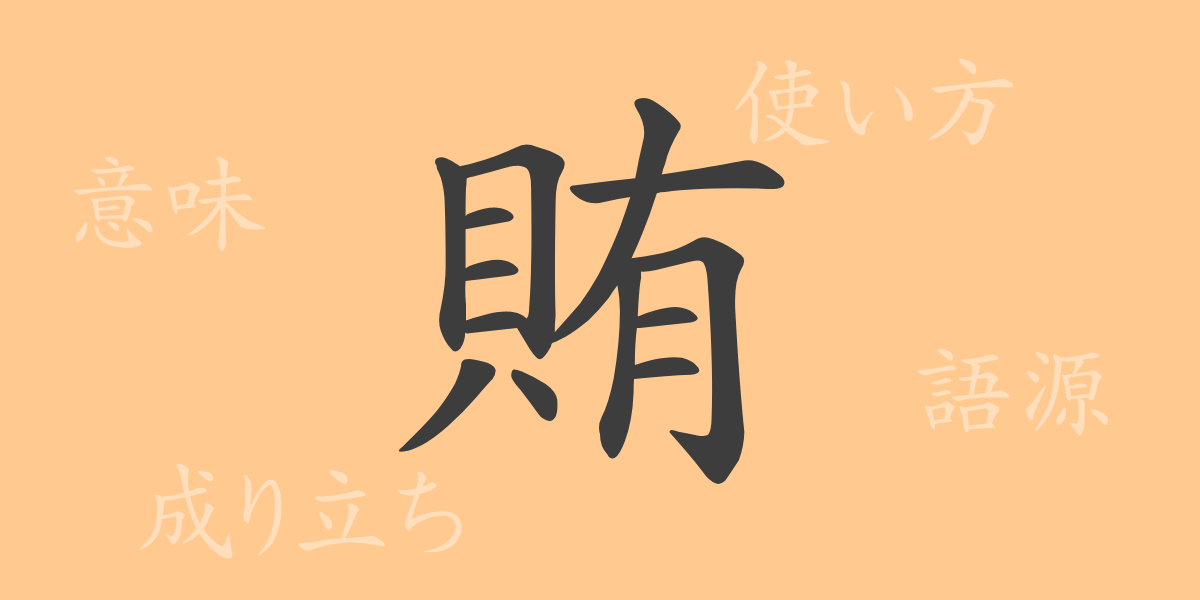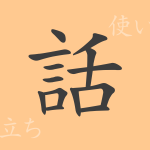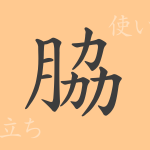In Japanese culture, kanji (Chinese characters) are an essential element. Each kanji carries a wealth of meanings in its form and sound, expressing the richness of the Japanese language. Today, we spotlight the character “賄” (wai), which is not commonly seen in everyday life but is used in legal contexts and news. We delve into its deep history and usage.
Origin of 賄 (Wai)
The kanji “賄” (wai) is a character that originated from ancient China. Its formation comes from the combination of “貝” (bei), which means wealth or valuables, and “有” (yu), meaning to share or divide. This combination gave rise to the meaning “to distribute wealth,” and “賄” (wai) came to be used in words related to the act of giving money or goods, such as bribery and corruption.
Meaning and Usage of 賄 (Wai)
The kanji “賄” (wai) primarily means “to provide” or “to bribe.” In the legal field, it is often used to refer to criminal acts such as “贈賄” (zouwai – bribery) and “収賄” (shouwai – acceptance of bribes). In everyday life, it can also mean “to cover living expenses,” as in “生計を賄う” (seikei wo makanau – to earn a living).
Reading, Stroke Count, and Radical of 賄 (Wai)
The kanji “賄” (wai) has distinctive readings and forms that set it apart from other characters.
- Reading: In on’yomi (Chinese reading), it is read as “ワイ” (wai), and in kun’yomi (Japanese reading), it is read as “まかな.う” (makanau).
- Stroke count: The kanji “賄” (wai) has 13 strokes.
- Radical: The radical of “賄” (wai) is “貝” (bei), and it falls under the category of characters with the “shell” radical.
Idioms, Proverbs, and Phrases Using 賄 (Wai)
Idioms, proverbs, and phrases that include “賄” (wai) reflect the depth of the Japanese language in their meanings and usage.
- 贈賄 (zouwai): Giving money or goods for an illicit purpose.
- 収賄 (shouwai): Receiving money or goods for illicit gain.
- 賄賂 (wairo): Money or goods exchanged during bribery or corruption.
- 生計を賄う (seikei wo makanau): Earning money to cover living expenses.
Summary of 賄 (Wai)
The kanji “賄” (wai) has a diverse range of meanings and uses, from its origins to its modern-day applications. It is frequently used in legal and business contexts and plays an important role in everyday life. We hope this article helps deepen your understanding of “賄” (wai) and enriches your Japanese language expression.

























